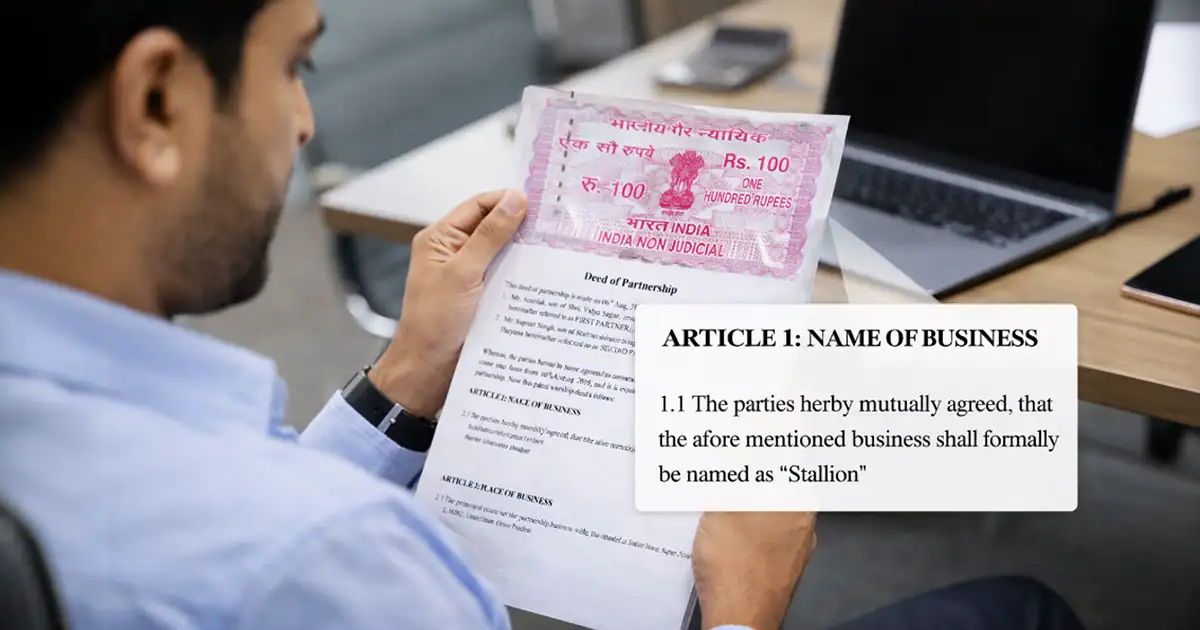A Terms of Use Agreement, often simply called "Terms of Use," is a crucial legal document that outlines the rules and guidelines users must follow when accessing and using your website, app, or online service.
Think of it as the contract between you and your users, establishing expectations and protecting both parties. It defines user responsibilities, acceptable behavior, and your rights as the service provider.
Terms of Use vs Terms and Conditions vs Terms of Service
You might hear these terms used interchangeably, but there are subtle differences.
| Basis | Terms of Use | Terms and Conditions | Terms of Service |
| Meaning | Guidelines for using a website or digital product. | Rules users must agree to for using a service. | Contract outlining service rules and legal protections. |
| Common Usage | Websites, apps, and platforms. | E-commerce, SaaS, and subscription models. | Online services, tech companies, and digital platforms. |
| Legal Nature | Legally binding if accepted by the user. | Legally binding and enforceable. | Legally binding, includes disclaimers and liabilities. |
| Focus Area | User behavior, content use, and access restrictions. | Comprehensive rules, including payment, termination, etc. | Service delivery terms, user rights, and provider duties. |
| Interchangeability | Sometimes used interchangeably with T&C and TOS. | Often overlaps with Terms of Use or Terms of Service. | A broad term, often used in SaaS and online platforms. |
| Includes | Acceptable use, intellectual property, and disclaimers. | Refund policy, termination, dispute resolution. | Service scope, limitations, data handling, and liabilities. |
| Primary Goal | Protect content and control user behavior. | Set rules and expectations for both parties. | Protect service providers and define service boundaries. |
Indian Contract Act, 1872 vs Information Technology Act, 2000
In India, the enforceability of a terms of use agreement is rooted in the Indian Contract Act, 1872. This Act governs how contracts are formed, accepted, and enforced. When a user clicks "I agree" or continues using your service, they are essentially entering into a contract with you.
| Basis | Indian Contract Act, 1872 | Information Technology Act, 2000 |
| Purpose | Governs contracts and agreements between parties. | Regulates electronic transactions and cyber activities. |
| Scope | Covers formation, execution, and enforcement of contracts. | Covers electronic records, digital signatures, and cybercrimes. |
| Key Focus | Legal validity of contracts, breach, and remedies. | Legal recognition of e-commerce and digital communication. |
| Applicability | All verbal and written agreements. | All electronic and digital communications and transactions. |
| Main Provisions | Offer, acceptance, consideration, capacity, legality. | Digital signatures, data protection, and cybercrime penalties. |
| Enforcement Authority | Civil courts and tribunals. | Adjudicating officers, Cyber Appellate Tribunal, and courts. |
| Digital Relevance | Indirect (recognizes contracts in general). | Direct (legalizes digital contracts, electronic governance). |
| Year Enacted | 1872 | 2000 |
| Amendments | Amended over time to suit evolving contract laws. | Amended to include the IT Amendment Act 2008. |
| Example Use Case | Service agreements, sales contracts. | Online agreements, digital signatures, and cyber offenses. |
Why a Simple "Terms and Conditions Apply" Isn't Enough for Your Indian Business?
A vague "Terms and Conditions Apply" notice is simply inadequate for your Indian business.
- It can be considered misleading under Indian consumer protection laws, potentially resulting in legal penalties or complaints.
- If the terms are not explicitly shown or agreed upon, they may not hold up in court as part of a valid contract.
- Regulated sectors like finance, healthcare, or e-commerce require detailed and transparent terms to meet compliance standards.
- Customers may lose trust in your brand if they feel important details were hidden or unclear at the time of purchase.
- Vague or missing terms leave your business more exposed to legal claims, refund demands, and regulatory scrutiny.
How Consumer Protection and Data Privacy Laws Make Terms of Use Agreement Essential?
Indian legislation significantly drives the need for a comprehensive terms of use agreement:
- The Information Technology Act, 2000, gives legal recognition to e-contracts, meaning your Terms of Use must meet basic contract requirements under the Indian Contract Act. It also lays a foundation for digital security and data protection obligations.
- The IT Rules, 2021 require online intermediaries to publish clear rules, privacy policies, and user agreements. These rules make it mandatory to include terms of use, appoint a Grievance Officer, and outline prohibited content.
- The Consumer Protection Act, 2019, extends protection to digital buyers and emphasizes the right to be informed. A detailed Terms of Use helps fulfill this duty by clearly stating service standards, pricing, and policies to avoid unfair trade practices.
- The Digital Personal Data Protection Act, 2023, mandates explicit user consent before processing data. Your Terms of Use serve as the point of consent and must clearly explain user rights, data usage, and redressal procedures.










